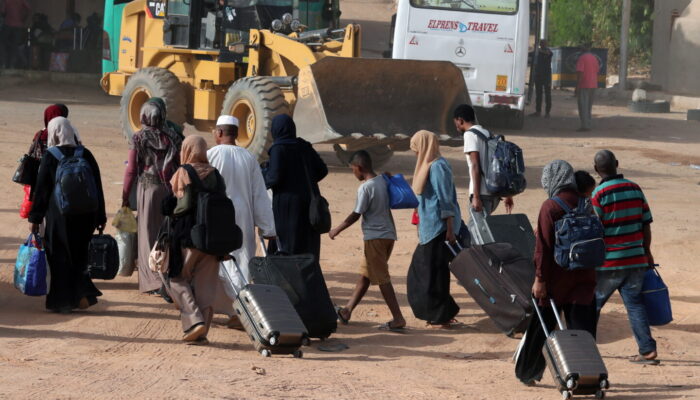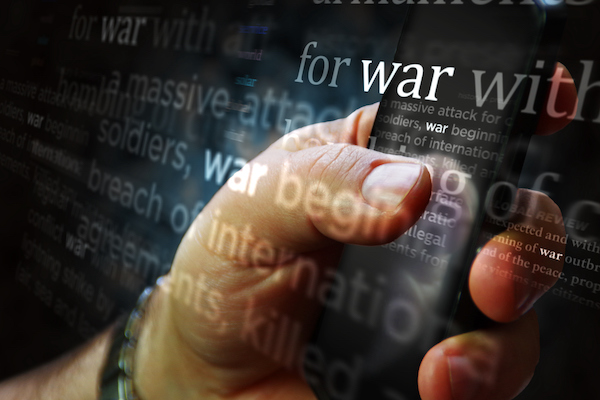Uzone.id — Insurance is an important asset that must be considered in financial and risk management. It provides financial protection in the event of unwanted bad work, including accidents and natural disasters.
To feel the benefits, insurance owners need to pay premiums periodically. In return, the insurance company will later provide a certain amount of money or other benefits if something previously agreed upon in the insurance policy occurs.
Developed countries such as the United States have an insurance system that is quite complex and different from other countries. For example, most of the United States population gets health insurance through private companies that employers generally provide.
As for vehicle insurance, almost all residents in American states require vehicle owners to have liability insurance. The insurance protects the owner if it causes an accident, and they must be responsible for the damage caused.
Unlike the United States, which relies more on insurance programs provided by private parties, the insurance system in European countries is generally more centralized on the role of the government. The system requires its citizens to have health insurance so that the government can guarantee that all citizens can access health services.
If the United States and Europe are dominated by developed countries with well-organized insurance systems, insurance systems in developing countries are still growing. Many challenges exist, from low penetration rates and lack of public awareness to less relevant insurance products.

Then, how is the insurance system in countries that often have conflicts? Does insurance protect war victims? Moreover, in recent years, many countries have been trapped in armed conflicts. Starting from the civil war in Syria and the conflict in Myanmar to the Democratic Republic of the Congo.
Unfortunately, until now, there has been no special insurance intended for war victims. Although international humanitarian law states that members of the armed forces and civilians who are injured or sick should receive medical care without discrimination, there is no insurance product intended explicitly for war victims.
The situation in the armed conflict area is very dynamic and changes pretty rapidly. In addition, wartime situations are considered high-risk and unpredictable, so many insurance policies exclude war in their products.
However, in addition to insurance policies, war victims can take advantage of several forms of protection and assistance. The government generally has unique programs and services for war veterans, including health care, disability compensation, and pension funds.
The government will also provide financial compensation to cover the cost of treatment and loss of income. Of course, each country’s policies are different.
In the United States, the government has a Veterans Affairs (VA) responsible for providing veterans with health care, education, and other benefits. Meanwhile, in the UK, there is an organization, Combat Stress, that provides support for veterans who are experiencing mental health problems.
In addition to providing assistance and protection to war veterans, the government also protects citizens who are victims by allocating funds to help victims.
The national government and large organizations such as the International Red Cross and UNHCR (United Nations Refugee Agency) will intervene to provide humanitarian assistance, including shelter, food, and medical care. They will also protect refugees and victims displaced by the conflict.
Although it is unlikely, insurance policy owners who live in conflict-prone areas can try to apply for property insurance. Some insurance companies may be willing to protect property damaged by war or terrorism with additional premiums and specific conditions.
Special insurance, such as marine cargo insurance, protects against loss or damage to goods transported by sea—including in the event of war. However, this insurance is not common and is intended for goods, not for humans.
Keep in mind that war is a very complex and tragic situation. Not only experiencing physical trauma, war victims often experience prolonged psychological trauma. For this reason, Non-Governmental Organizations (NGOs) usually provide rehabilitation assistance to help restore the physical and mental recovery of war victims.
















